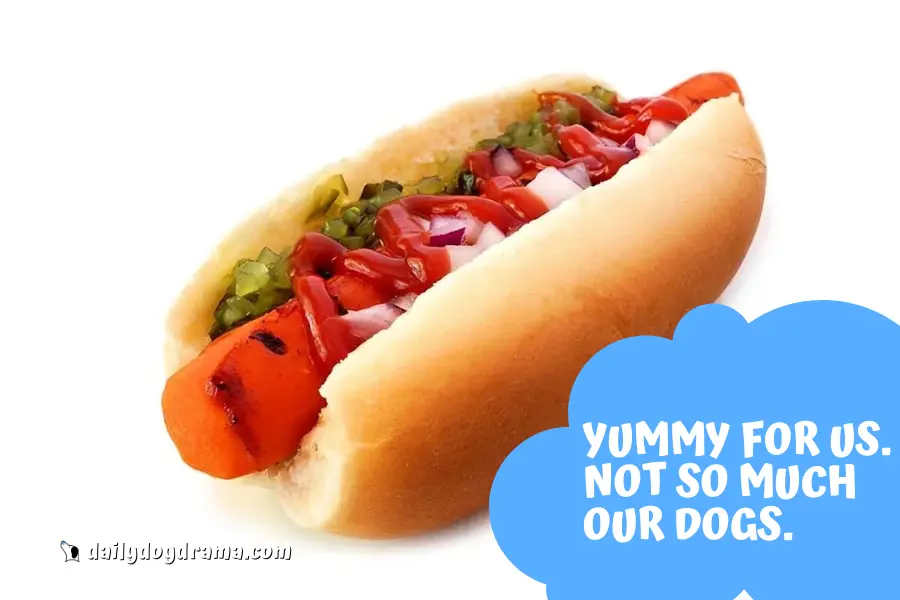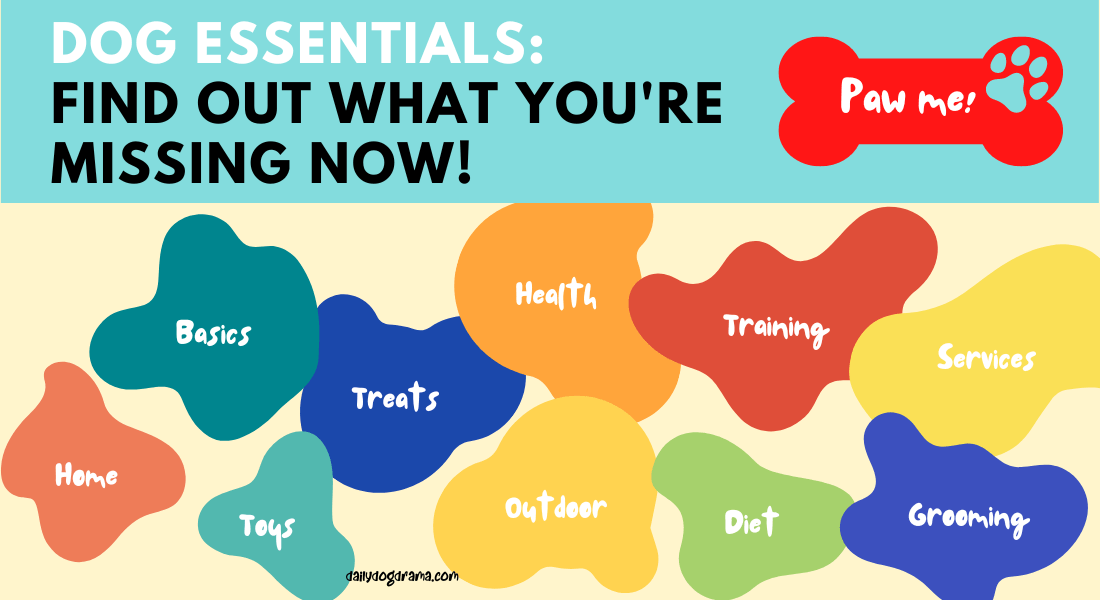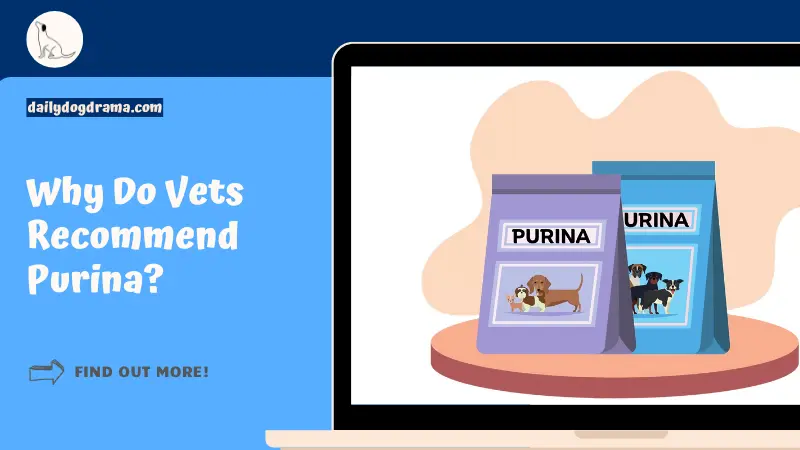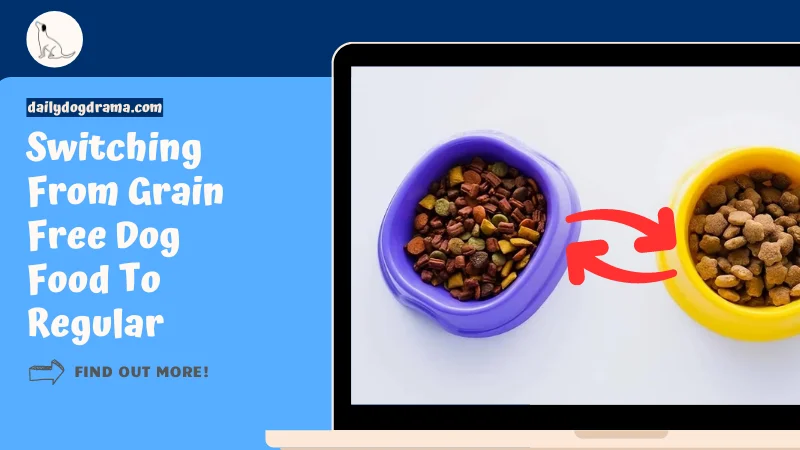Do you know what DOG ESSENTIALS you are missing out? Find out now!
Zack Keithy, our author, is a certified veterinarian technician (UC Blue Ash) for over 6 years (contact him here). The articles written here are based on his expertise and experience, combined with a review by our expert vet reviewers including Dr M. Tarantino. Learn more about us here.
Picture this: it’s a sunny day, and you’re grilling up a storm at a backyard barbecue. You reach for that tangy, zesty condiment to slather on your hot dog, when Fido gives you those puppy dog eyes. “Can I have some too?” they seem to ask.
Well, can dogs eat relish?
Dogs should not eat relish. Most relishes contain onions, garlic, and high amounts of salt, which are harmful to dogs. These ingredients can cause gastrointestinal upset, anemia, and even be toxic in larger quantities. Sticking to dog-safe treats is a better way to give them a snack.
There are possible exceptions too, so, grab your buns, hold the mustard, and find out more together.
Medical Questions? Talk to a Veterinarian 24/7.
Connect one-on-one with a licensed vet who will answer your questions in minutes.
*Article may contain affiliate links to retailers like Amazon and Chewy. Learn more on our disclosure page.
- What Are Relish/Pickles?
- Nutritional Value of Relish to Dogs
- Why Relish is Bad for Your Dog?
- How to Feed Relish to Dogs
- What amount of relish should I feed my dog?
- Can dogs eat cooked relish?
- Can dogs eat dill relish?
- Can dogs eat sugar-free relish?
- Can dogs eat sweet pickles?
- Can dogs eat pickle juice?
- Can dogs eat pickle chips?
- Can dogs eat fried pickles?
- Can dogs eat kosher pickles?
- Can my dog eat relish and mustard?
- How much relish should I feed my dog?
- Why Are Dill Pickles Bad for Dogs?
- What Can Happen to Dogs That Eat Too Many Pickles?
- What Are Some Good Alternatives to Pickles?
- Frequently Asked Questions (FAQs)
- In Conclusion: Can Dogs Eat Relish?
What Are Relish/Pickles?
I think most of us probably knows what they are but I thought I should just quickly talk about them.
Relish and pickles are condiments made from chopped vegetables soaked in vinegar and spices.
They can come in various forms such as sweet, dill, bread and butter, and kosher.
We often enjoy these tangy treats as toppings on burgers, hotdogs, sandwiches, and more.
But are they safe for dogs to indulge in?
Doggy says, you might be keen to read this too: Can dogs have miso soup?
Nutritional Value of Relish to Dogs
Your furry pal just gobbled up a piece of relish-loaded hotdog that you accidentally dropped.
As a responsible pet owner, you may be wondering about the nutritional value of relish for dogs.
Relish is an awesome condiment.
However, it is not specifically made for dogs, making it not the healthiest snack choice for them.
Low in calories
Relish is made from veggies like pickles, onions, and peppers. These ingredients are naturally low in calories.
The use of vinegar further keeps the calorie count in check, making it a healthier option compared to condiments with higher amounts of fats, sugars, or processed ingredients.
If you are going to feed your pet any condiment, then relish could be considered the least calorie-dense. However, it is not the calorie that you should be wary of but the sodium content.
High in fiber
High in fiber, relish can offer some potential digestive benefits for dogs. Fiber is an essential nutrient that can help promote healthy digestion and regulate bowel movements.
It can aid in maintaining optimal gut health, preventing constipation, and supporting overall digestive function in dogs.
Aids in digestion
In addition to its high fiber content, relish may aid in digestion for dogs due to its mild antimicrobial properties from ingredients like vinegar and spices.
Relish can also make dog food taste more appealing, stimulating their digestive system.
Vitamins and minerals
Vitamins and minerals are much needed in keeping your furry friend healthy. Relish may contain some of these beneficial nutrients.
For instance, relish made from fresh vegetables like cucumbers and onions can provide vitamins C and K. Minerals like potassium and calcium are also present in those ingredients.
Doggy says, you might be keen to read this too: Can dogs eat mandarins?
Why Relish is Bad for Your Dog?

We want what’s best for our furry friends. That’s why some of us may consider adding relish to our pet’s food.
It tastes great and is good for us, why not include it in our dog’s diet, right?
Well, some food may seem great for us but can be bad for our canine companions. This includes most condiments like relish.
Onions and garlic
Did you know that onions and garlic, which are commonly used in relish, can actually be toxic to dogs?
These ingredients contain compounds that can harm their red blood cells and even lead to anemia.
Feeding relish or any other food that contains onions or garlic to our furry friends can pose potential health risks, including gastrointestinal irritation and vomiting.
All parts of the onion and garlic are harmful to dogs. This means you can’t feed them food that contains the flesh, leaves, or bulbs of these ingredients.
High salt content
The high salt content in relish is the main reason why it’s not good for your furry friend.
Anything excessive is bad, right? That’s true, especially for sodium. If dogs eat too much salt, especially if they have health issues already, it can cause a lot of health issues.
Excessive drinking, vomiting, diarrhea, and loss of balance are just some of the awful side effects. Dogs can even experience seizures in extreme cases.
Since sodium is already in your dog’s regular food, it’s best to keep them away from additional sources of salt. This way, you can avoid exceeding your dog’s daily sodium intake limit of around 100 milligrams for a medium-sized dog.
Sweeteners
Certain relish varieties may contain sweeteners like sugar or artificial sweeteners. Keep an eye out for Xylitol.
This artificial sweetener is highly dangerous for dogs.
This ingredient can cause a rapid drop in blood sugar levels, leading to symptoms like weakness, lethargy, and even seizures.
Vinegar
Vinegar is commonly used in relish as a preservative and flavor enhancer. Unfortunately, it can be harsh on a dog’s tummy.
It can cause some serious digestive issues for our furry friends. They could suffer from unpleasant symptoms like vomiting, diarrhea, and abdominal pain.
Doggy says, you might be keen to read this too: Can dogs eat farro?
How to Feed Relish to Dogs
If you’re really keen on sharing relish with your furry friend, here are some key points to keep in mind when it comes to feeding relish to dogs.
But I will still remind you to not do so again.
What amount of relish should I feed my dog?
Feeding your dog relish can be a fun treat, but it’s important to remember that it’s not a necessary part of their diet.
Keep it as an occasional indulgence, and be sure to limit the amount to a small portion.
How small is a “small portion?” That would be a teaspoon or less, depending on the size of your furry friend.
Can dogs eat cooked relish?
It’s best to avoid feeding your dog cooked relish.
Some ingredients commonly used in relish, such as onions, garlic, and spices, can be harmful to dogs even when cooked.
Can dogs eat dill relish?
Dill relish may contain high levels of salt, vinegar, sugar, and dill.
While none of these ingredients are toxic to dogs in small amounts, they can potentially cause stomach upset and discomfort for your furry friend.
Can dogs eat sugar-free relish?
Although sugar-free relish may not contain added sugars, it’s important to note that it may still contain other ingredients that can be harmful to dogs, such as onions, garlic, spices, and artificial sweeteners.
Some artificial sweeteners, like xylitol, are more toxic to dogs than sugar and can cause serious health problems.
It is best to STAY AWAY from any relish that has this as an ingredient.
Can dogs eat sweet pickles?
It would be better to find a different treat for your fur baby.
Sweet pickles, which are often used to make sweet relish, may contain high levels of sugar, salt, and other ingredients that can be harmful to dogs.
Sugar is really bad for dogs with diabetes or kidney and weight issues. Plus, sweets can lead to tooth decay and other dental problems for your furry friend.
Can dogs eat pickle juice?
Pickle juice is definitely a no-no for your furry friend! It’s not just about the potentially harmful ingredients, but it’s also packed with too much salt.
Drinking that can quickly spell trouble for your pup.
Can dogs eat pickle chips?
When it comes to dill pickle chips, caution is key for dogs!
These tempting treats may contain harmful ingredients like onions, garlic, and excessive salt that can cause health issues for your furry friend.
It is better to stick to low-sodium doggy treats.
Can dogs eat fried pickles?
Much like pickle chips, fried pickles have a high amount of sodium and thus may not be good for your dog’s health.
Can dogs eat kosher pickles?
Kosher pickles often contain garlic and a salty taste and are not safe for dogs.
These pickles are typically fermented using a salt brine, which can result in high sodium content.
As we already know, consuming too much salt can be harmful to dogs, leading to a host of problems like dehydration, increased thirst, and other health issues.
Therefore, it’s best to avoid feeding kosher pickles to your furry friend to ensure their well-being.
Can my dog eat relish and mustard?
If your dog licks a small bit of relish and mustard off your plate, it’s unlikely to cause a problem.
However, mustard can be toxic for dogs, even in small amounts.
That’s why it’s not recommended to intentionally feed it to them.
How much relish should I feed my dog?
The amount of relish to feed your dog should be very limited, generally no more than a teaspoon or less depending on the size of your dog.
If possible, skip this condiment and stick to safer doggy treats.
Why Are Dill Pickles Bad for Dogs?
While dill itself is generally safe for dogs in small quantities, dill pickles can be bad for dogs due to their high levels of salt, vinegar, and sugar.
Eating too much of these ingredients can cause stomach upset, including vomiting.
To avoid discomfort for your pet, it’s best to find a different treat for them rather than offering dill pickles.
Doggy says, you might be keen to read this too: Can dogs eat hearts of palm?
What Can Happen to Dogs That Eat Too Many Pickles?
Oh no, did your furry friend indulge in a jar of pickles? That’s definitely something to keep an eye on!
If your furry friend snacked on too many pickles, they might experience dehydration, increased thirst, vomiting, diarrhea, and electrolyte imbalances.
Give them lots of fresh water so they can rehydrate.
Quickly check the ingredients of the pickles that your poor furry pal ate.
If it contains onion, garlic, artificial sweetener, mustard seed, or dill, it might be advisable to call your vet for further advice.
Hey there, sorry to interrupt but I wanted to tell you about an online vet service I’ve been using for years.
An in-person visit with one is great, but it’s not always an option.
Now, thanks to technology, you can speak to one without leaving your home.

Got something to ask a vet?
Talk to one anytime, 24/7.
* Don’t use this service for emergencies.
Alternatively, a vet can come out to you instead (exclusive to our readers: use THEVETS15 for 15% off).
SCHEDULE AN APPOINTMENT HEREThank you. The rest of the article continues below.
What Are Some Good Alternatives to Pickles?
Looking for alternatives to pickles as a snack for your furry friend? There are a lot of yummy options to choose from.
You can never go wrong with fresh fruits and vegetables.
Give your pets sliced cucumbers, carrots, apples, watermelons, or mangosteens.
These make great crunchy and hydrating treats for dogs.
Feed them to your pets straight from the fridge for a refreshing summertime snack.
Another good snack idea is plain, unsweetened yogurt.
It’s yummy and is a good source of protein and probiotics.
Just be sure to choose yogurt without added sugars or artificial sweeteners.
How about offering them delicious homemade treats?
You can freeze mashed bananas and unsweetened peanut butter to make delicious bite–sized snacks.
Sweet potato chips are also a hit.
And of course, treats specially designed for dogs are always a good option.
One of my dogs’ favorites is pumpkin treats from Fruitables.
Frequently Asked Questions (FAQs)
Are the spices in pickles ok for dogs?
In very small amounts, most spices in pickles might be generally okay for dogs. However, some spices like onions and garlic can be harmful to dogs. Consuming cayenne pepper, chili powder, nutmeg, and paprika can also lead to stomach problems, so it’s best to avoid them in the first place.
What condiments are ok for dogs?
There are some safe condiments for dogs like unsweetened and low-sodium options like mustard, plain yogurt, or pureed pumpkin. You should always check the label for harmful ingredients. Be cautious of feeding your dog onions, garlic, artificial sweeteners like xylitol, excessive salt, spices, seasonings, and preservatives.
Is ketchup ok for dogs to eat?
Ketchup in small amounts is pretty safe for dogs, though it can be high in sugar and salt. Choose the sugar-free and low-sodium variants if you want to share them with your dog.
In Conclusion: Can Dogs Eat Relish?
Let’s just lay it out there: relish and dogs are a no-go.
With a smorgasbord of dog-friendly treats available, why risk your fur baby’s health?
So, next time Fido begs for a taste, throw that relish aside and choose a treat that won’t leave you in a pickle.
Stay tuned for more fur-filled fun! Check these posts out too:
You’ve made it to the end, but I hope it’s not the end of our journey. We want to hear your voice! Share your thoughts, problems, suggestions, or anything related to your dog in the comments section. And don’t forget to join our newsletter today too.




